Non-Owner Auto Insurance
Why Non-owner Liability Car Insurance?
If you do not own a car but frequently drive one, whether you borrow a car from a friend or use a car-sharing service, you should consider non-owner liability coverage.
Non-owner liability insurance covers you for damage that you may cause to someone else’s car and liability for injuries to its occupants or to pedestrians in the event of an accident.
Quick Facts
- Non-owner insurance typically doesn’t carry a deductible.
- Premiums can be very low depending on your driving record and how much driving you do.
- If you have a problematic driving record (a past DUI, for example), you may be required to purchase basic insurance coverage as part of your license reinstatement policy. Non-owner liability would be your best and most affordable option.
Who Needs Non-owner Liability?
If you currently own a car and have it properly insured, you probably have no need for non-owner liability auto insurance coverage. But if you do not own a car, consider this type of coverage if:
- You frequently rent cars. Rental companies offer coverage each time you rent a car, but at a cost of $7 to $14 a day, according to the Insurance Information Institute, paying for this coverage can get expensive.
- You frequently use a car-sharing service. Car-sharing services provide liability insurance to members, but the coverage is often capped at a certain amount, no matter how many people or cars are involved in an incident. Because of this, the provided coverage may not be enough, but non-owner liability coverage can bridge the gap.
- You frequently borrow other people’s cars. If you borrow a friend’s car, your friend’s insurance policy would cover you in an accident—but always check with the insurance company beforehand to be sure. If you’re at fault for the accident and the other driver’s injuries exceed the car owner’s liability coverage, you would be responsible for the rest of the bill. If you had non-owner liability, it would cover the excess.
- If the car belongs to your roommate or another person you share a household with, damage you cause may not be covered by that person’s insurance. The best way to be covered in this case is to have the other person add you to his or her policy or to purchase your own policy.
- You don’t currently own a car, but will in the future. Having continuous insurance coverage will help keep your premiums low when you get a new car and purchase a policy for it.
